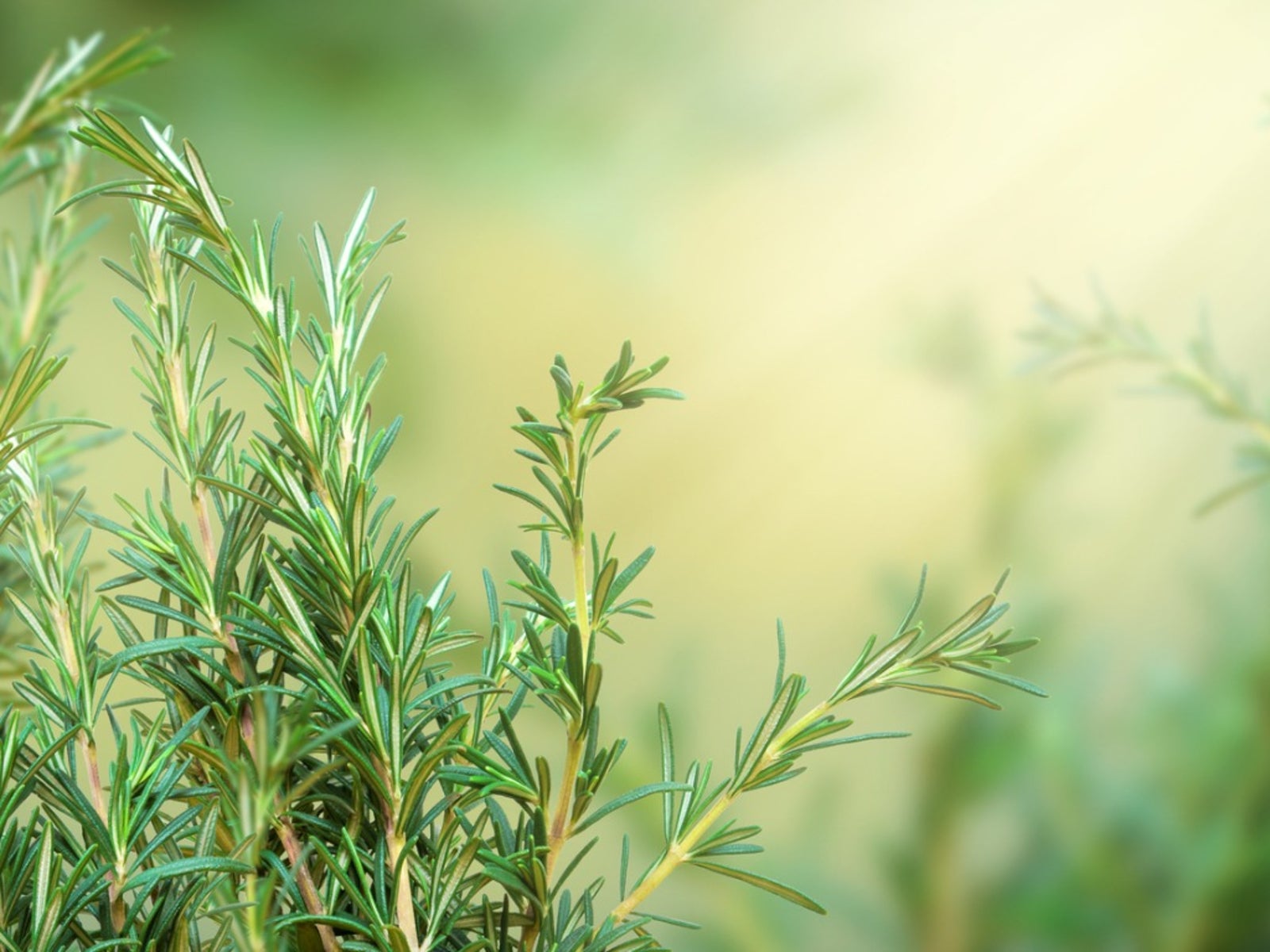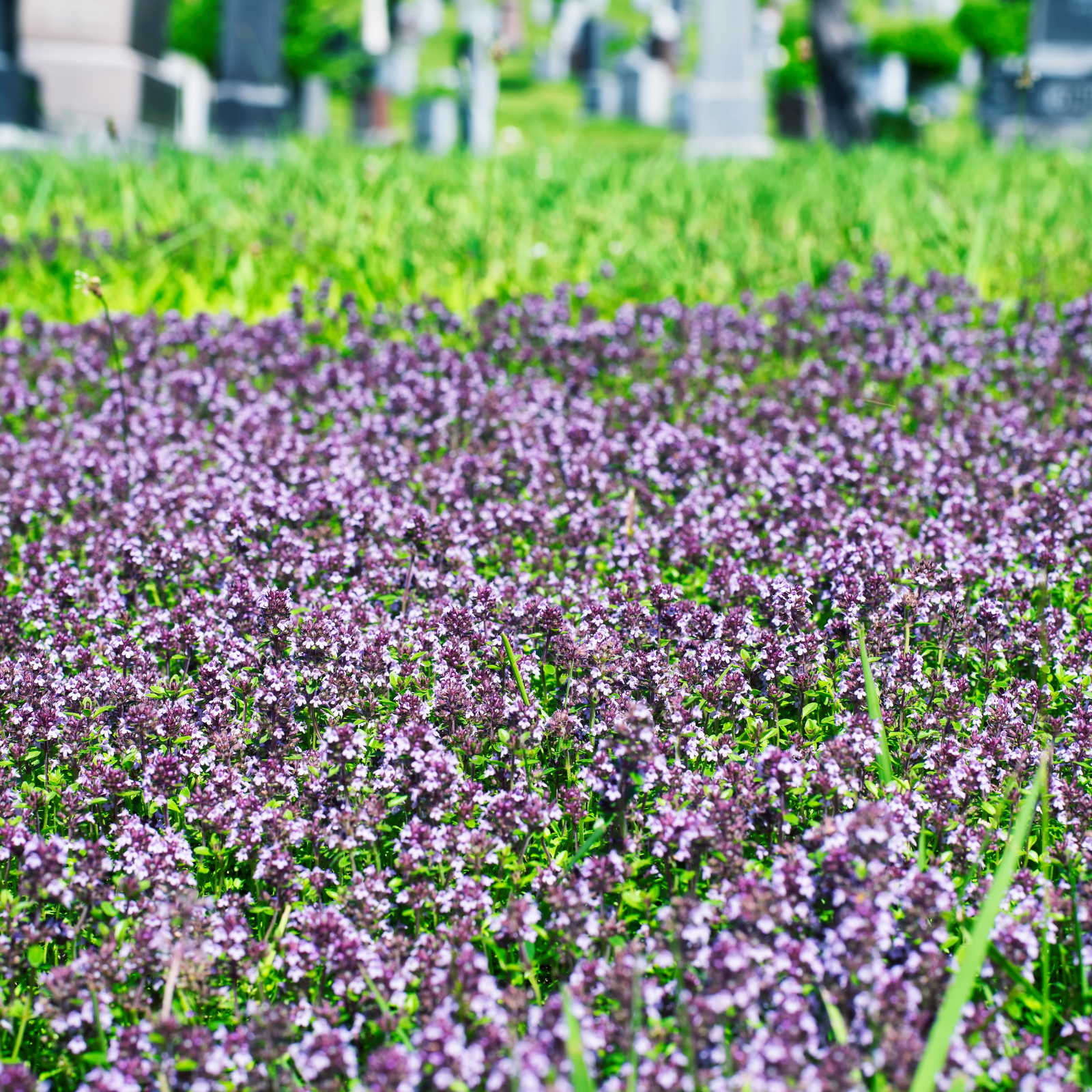White Powder On Rosemary: Getting Rid Of Powdery Mildew On Rosemary

A lot of people enjoy having small kitchen window sill plants like rosemary. However, although they are easy to grow, they aren't without faults. Often you'll find there are problems with growing rosemary, one of them being a common fungus.
Powdery Mildew on Rosemary
Perhaps you've noticed a white powder on your rosemary plants in your kitchen. If so, you aren't alone. The white powder is actually powdery mildew on rosemary, a common plant ailment. It is caused by many different fungi that are closely related.
This is one of the most common problems with growing rosemary plants, and all indoor plants actually. Each indoor plant has a white powdery mildew that is specific to that particular plant. Rosemary is no different.
Powdery mildew won't kill the rosemary plant, but it will weaken it. This is one of the easiest plant diseases to diagnose. Powdery mildew appears as a white powder which coats the leaves of the plant. The powder is actually thousands of little spores and can spread to other plants if severe enough.
How to Get Rid of Powdery Mildew on Rosemary
Powdery mildew can be partially removed if you rub the leaves of your rosemary plant carefully. If you don't try to remove some of it, the white powder on rosemary can result in leaf drop. The powdery mildew on rosemary can rob the plants of the nutrients they need to grow.
Powdery mildew can definitely make the plant look a little ragged, but it shouldn't kill it. Pick up any infected leaves that have fallen off the plant. Also, take infected plants out of high humidity rooms, like the bathroom or kitchen. Rosemary prefers drier conditions.
Finally, spraying the rosemary with a fungicide, such as neem oil, will help to kill the fungus. You might want to try spraying water on it first every few days to knock the mildew off before resorting to fungicide.
Gardening tips, videos, info and more delivered right to your inbox!
Sign up for the Gardening Know How newsletter today and receive a free copy of our e-book "How to Grow Delicious Tomatoes".
You may need to repeat this every few days for it to be effective, but be careful not to overwater the plant itself or you will end up with root rot, another of the common problems for rosemary plants or other indoor houseplants.
Preventing Powdery Mildew on Rosemary
One of the best ways to treat powdery mildew is to prevent it in the first place. Even if you still have an outbreak, with a few precautions beforehand, the fungus will not have as good a stronghold, making its treatment even easier.
- When it comes to the prevention of powdery mildew, the use of bicarbonates seems promising, at least for many people.
- Since powdery mildew fungus thrives in moist, humid conditions, ensure that your plant has plenty of light and well-draining soil. Only water the plant as needed to avoid overly saturated soil and keep the water off the foliage.
- Keep your rosemary plants well ventilated too, meaning do not overcrowd them with other plants. This only creates a moist environment for the fungus to thrive in.
- Oftentimes, powdery mildew attacks new growth, so avoiding excessive use of nitrogen fertilizers should help limit this growth.
- Purchasing plants that are resistant to the disease, whenever available, is a good idea too.
Now that you know what the white powder on rosemary is and how to treat or prevent it, you can go back to enjoying your rosemary plant indoors or in the garden.
-
 Get Ready For A Summer Of Hummers! Grow These Full Sun Hummingbird Plants and Flowers
Get Ready For A Summer Of Hummers! Grow These Full Sun Hummingbird Plants and FlowersIf you’re lucky enough to enjoy a sunny backyard, make sure you are maxing out on your pollinator opportunities and grow these full sun hummingbird plants and flowers
By Tonya Barnett
-
 12 Lush Alternatives To A Lawn For Sustainable Spaces
12 Lush Alternatives To A Lawn For Sustainable SpacesAlternatives to a lawn are beautiful and also beneficial to your local ecosystem and its pollinators. Explore our top picks for plants to replace grass.
By Tonya Barnett